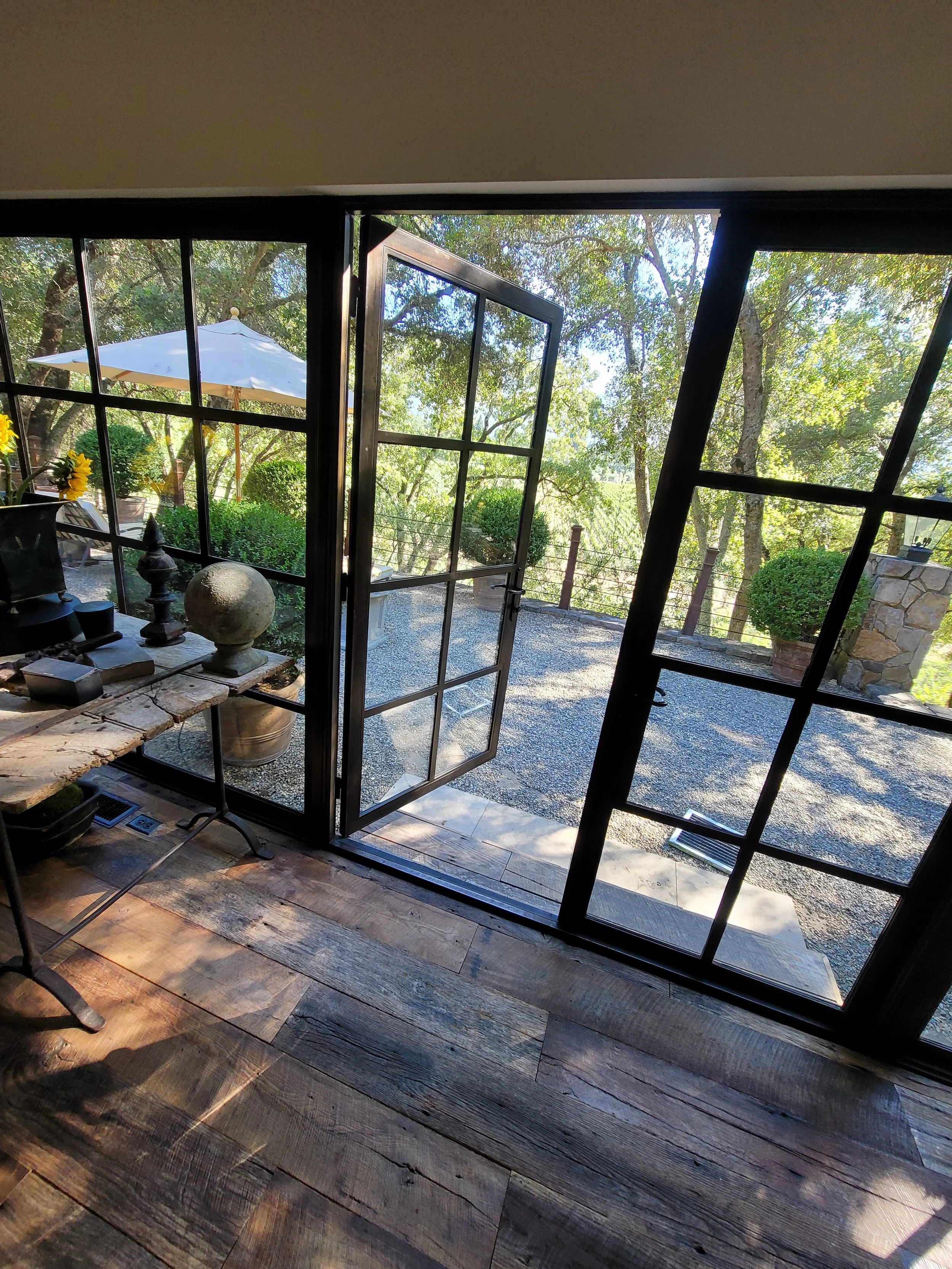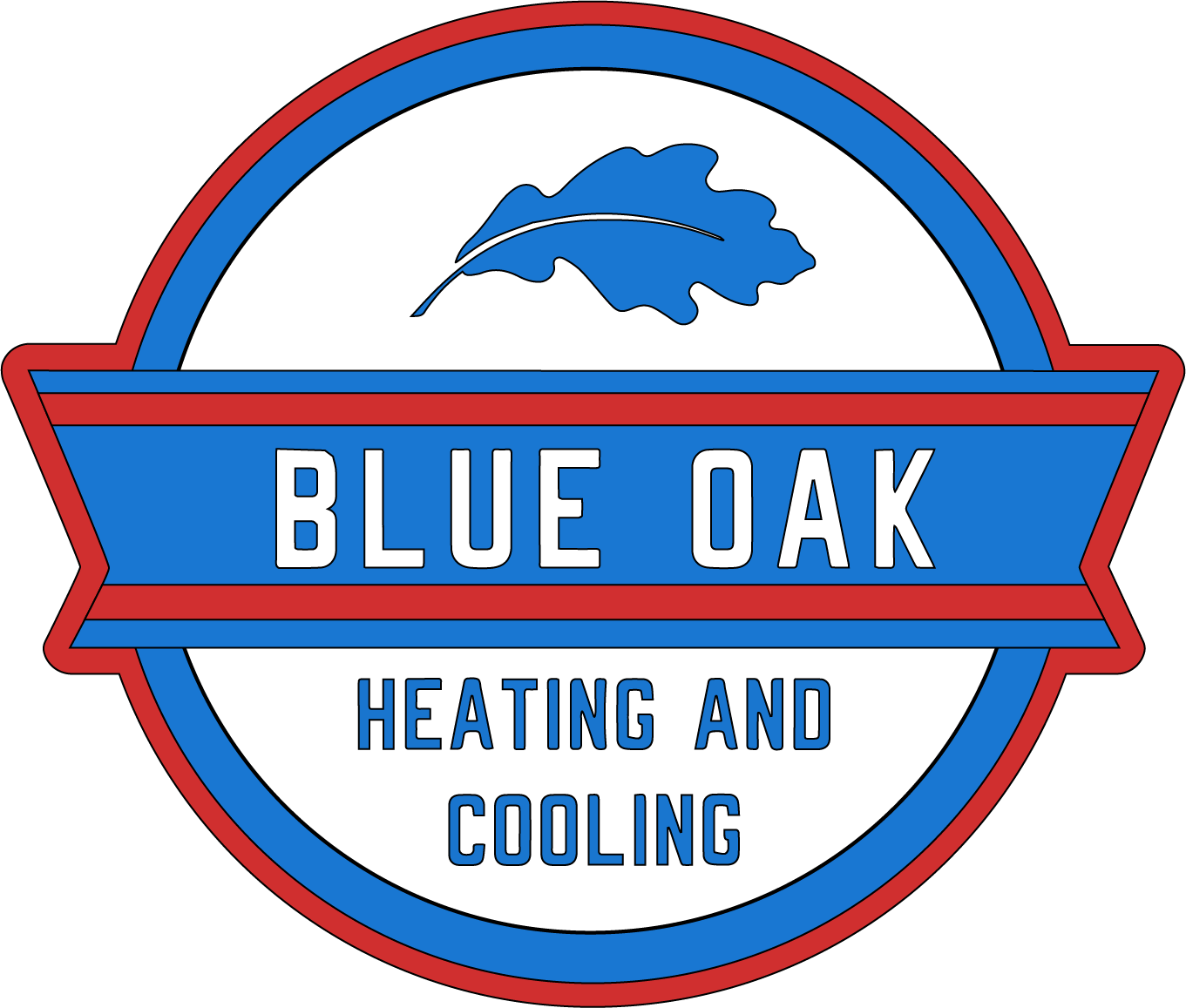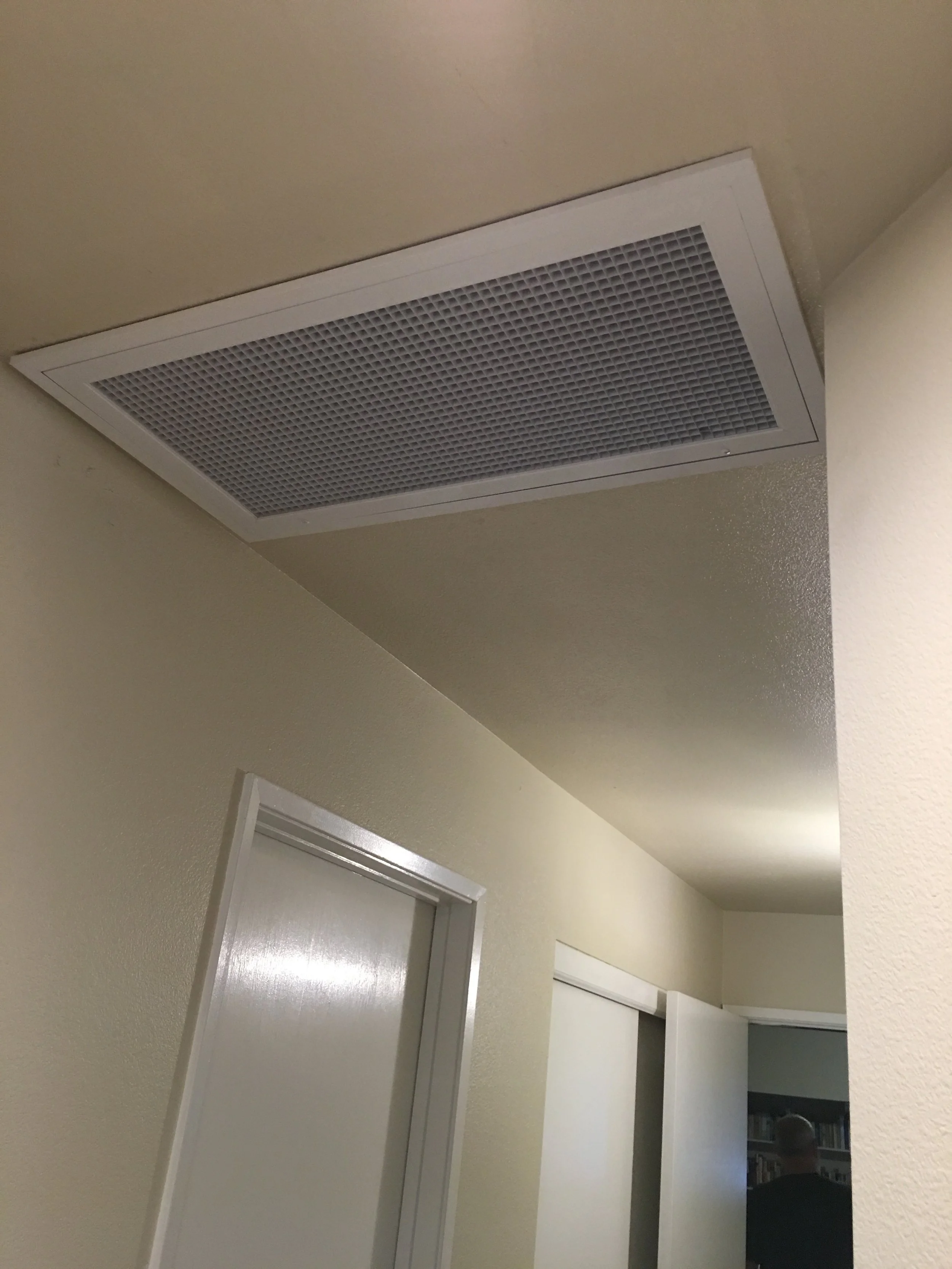
indoor air quality (Iaq) and your health
24-Hour Emergency Service Available
Family-owned & operated
Licenced & Bonded

Does your home have poor indoor air quality?
If you suspect your home has poor indoor air quality, it's worth considering investing in an assessment. Poor indoor air quality can stem from various factors, leading to significant health effects. Symptoms such as headaches, fatigue, dizziness, nausea, and respiratory issues are commonly reported. However, these symptoms can often be mistaken for a common cold or seasonal allergies.
To improve indoor air quality, address the following causes and take steps to avoid or remedy them in your home. Given that most individuals spend about 90% of their time indoors, with a significant portion of that time at home, maintaining clean indoor air is crucial for overall well-being.
Can indoor air quality affect my health?
Yes, poor indoor air quality can have adverse effects on health, including respiratory problems, allergies, asthma exacerbations, headaches, fatigue, and other symptoms. Improving IAQ can help reduce these health risks and promote a healthier indoor environment.
request service
PARTICLES AND MICROBIAL ORGANISMS
Dust, pollen, mites, viruses, mold, fungi, and mildew are all contributors to airborne particles and organisms that can saturate the air. The presence of these particles and organisms can not only make breathing difficult but may also lead to respiratory and other illnesses in people and animals who breathe this air. Prolonged exposure to these pollutants can result in chronic illnesses and even fatalities.
NATURALLY-OCCURRING MATERIALS
The natural air, primarily consisting of oxygen with a small percentage of carbon dioxide and other gases, can become significantly polluted by the presence of both naturally occurring and synthetic gases. Radon, among the most harmful gases on Earth for humans and animals, is a notable example. It can infiltrate buildings through floor or wall cracks. A high concentration of radon, exceeding 4 pCi/L, is considered highly toxic and is a leading cause of lung cancer.
SYNTHETIC MATERIALS AND COMBUSTION PRODUCTS
Other significant pollutants affecting IAQ include asbestos, combustion byproducts, and refrigerant/formaldehyde. Combustion byproducts encompass emissions from burning fuels, with carbon monoxide (CO) and smoke being the most harmful. Smoke, containing various toxic gases including CO, can lead to numerous health complications such as respiratory irritation, headaches, nausea, unconsciousness, and even death upon inhalation. Formaldehyde and asbestos pose similar risks to humans and animals, with asbestos emitted from various construction materials and formaldehyde found in bonding and adhesive agents.
Components that compromise high/ pure IAQ
Dust, pollen, mites, viruses, mold, fungi, and mildew are all contributors to airborne particles and organisms that can saturate the air. The presence of these particles and organisms can not only make breathing difficult but may also lead to respiratory and other illnesses in people and animals who breathe this air. Prolonged exposure to these pollutants can result in chronic illnesses and even fatalities.
Causes for poor IAQ:
Inadequate temperature regulation, excess humidity, improper air circulation, and ventilation issues can all create problems for indoor air quality (IAQ).
Indoor air contaminants such as gases, vapors, harsh chemicals, dust, mold, fungus, and bacteria can accumulate indoors.
Insufficient outdoor air intake is problematic as it leads to stale and stagnant indoor air.
For households with pets, excess fur and dander can not only cause problems directly, but pet hair can also harbor mold and bacteria, further worsening indoor air pollution.
Neglecting to change your HVAC system's air filter regularly can lead to a buildup of airborne pollutants and create problems for your system itself.
Indoor smoking, or smoking too close to your home's entryways, can also contribute to poor indoor air quality (IAQ). If you must smoke, do so at least 25 feet away from your home to prevent the buildup of air pollution caused by cigarette smoke.
SCHEDULE YOUR iaq SERVICE TODAY!
Ready to get started with your service or repairs? schedule an appointment online, or give us a call at (707) 582-1166
FAQ
-
Yes, poor indoor air quality can affect sleep quality by contributing to respiratory discomfort, allergies, and other sleep-disrupting symptoms. Improving indoor air quality can create a more conducive environment for restful sleep.
-
Yes, common indoor allergens and asthma triggers include dust mites, pollen, pet dander, mold spores, and certain volatile organic compounds (VOCs) found in household products. Minimizing exposure to these pollutants through proper ventilation and air filtration can help reduce allergic reactions and asthma symptoms.
-
Children may be more vulnerable to the effects of poor indoor air quality due to their developing respiratory systems and higher breathing rates. Exposure to indoor pollutants can increase the risk of respiratory infections, asthma exacerbations, allergies, and other health issues in children.
-
Yes, indoor air quality can impact cognitive function and productivity by affecting factors such as concentration, alertness, and mental clarity. Poor indoor air quality, characterized by high levels of pollutants and inadequate ventilation, can impair cognitive performance and productivity in both residential and workplace settings.
-
Yes, indoor air quality can impact cardiovascular health by exposing individuals to pollutants that may contribute to heart disease, high blood pressure, and other cardiovascular conditions. Improving indoor air quality through proper ventilation and filtration may help reduce these risks.
-
Prolonged exposure to indoor air pollutants can have a range of long-term health effects, including respiratory diseases, cardiovascular conditions, neurological disorders, and even certain types of cancer. Minimizing exposure to indoor pollutants is essential for maintaining long-term health and well-being.
-
Yes, indoor air quality testing can help identify hidden sources of indoor pollution, such as mold, radon, carbon monoxide, and other harmful contaminants. By assessing indoor air quality parameters and identifying specific pollutants, testing can guide targeted interventions to improve IAQ and protect health.
-
To maintain good indoor air quality, consider implementing the following practices:
Regularly clean and vacuum to remove dust and allergens.
Use natural cleaning products with low VOCs.
Ensure proper ventilation by opening windows and using exhaust fans.
Change air filters regularly in HVAC systems.
Control indoor humidity levels with humidifiers and dehumidifiers.
Avoid smoking indoors and minimize exposure to other sources of indoor pollution.
-
Improving indoor air quality may involve implementing various strategies, including:
Installing air filtration systems to remove airborne pollutants.
Enhancing ventilation with mechanical ventilation systems or opening windows.
Addressing sources of indoor pollution such as mold, radon, and volatile organic compounds.
Maintaining HVAC systems and ductwork to prevent contamination and ensure efficient operation.
Promoting healthy indoor habits such as smoking cessation and proper cleaning practices.
$50 OFF ANY HVAC REPAIR
New Customer Special.
Limit one coupon per customer. Call (707)582-1166 for more details.
Upgrade your comfort with the Blue Oak Comfort Club! This is our maintenance agreement that unlocks year-round peace of mind and savings for your HVAC system. Get expert annual maintenance at a preferred price, plus a bouquet of additional benefits designed to keep your home cool, calm, and comfortable all year long.
What’s the blue oak comfort club?
REGULARLY SCHEDULED MAINTENANCE
We schedule your maintenance ahead and send reminders, so you don't have to worry about keeping track.
DEDICATED SERVICE & SUPPORT
Certified tech support, 24/7 emergency service, extended appointments, warranties, and unmatched comfort care.
COST SAVINGS
Being a Comfort Club member means cost savings on annual maintenance and reduced repair costs.
PRIORITY SCHEDULING
Jump the line when you need it most, avoiding inconvenient delays and saving valuable time.
RELATED SERVICES
Air quality assessment
Air Purifiers
UV Lighting
Dehumidifier
Humidifiers
we are here for you
schedule your service today
We aren't comfortable until you are!
To get started, give us a call at (707) 582-1166
or book online.








